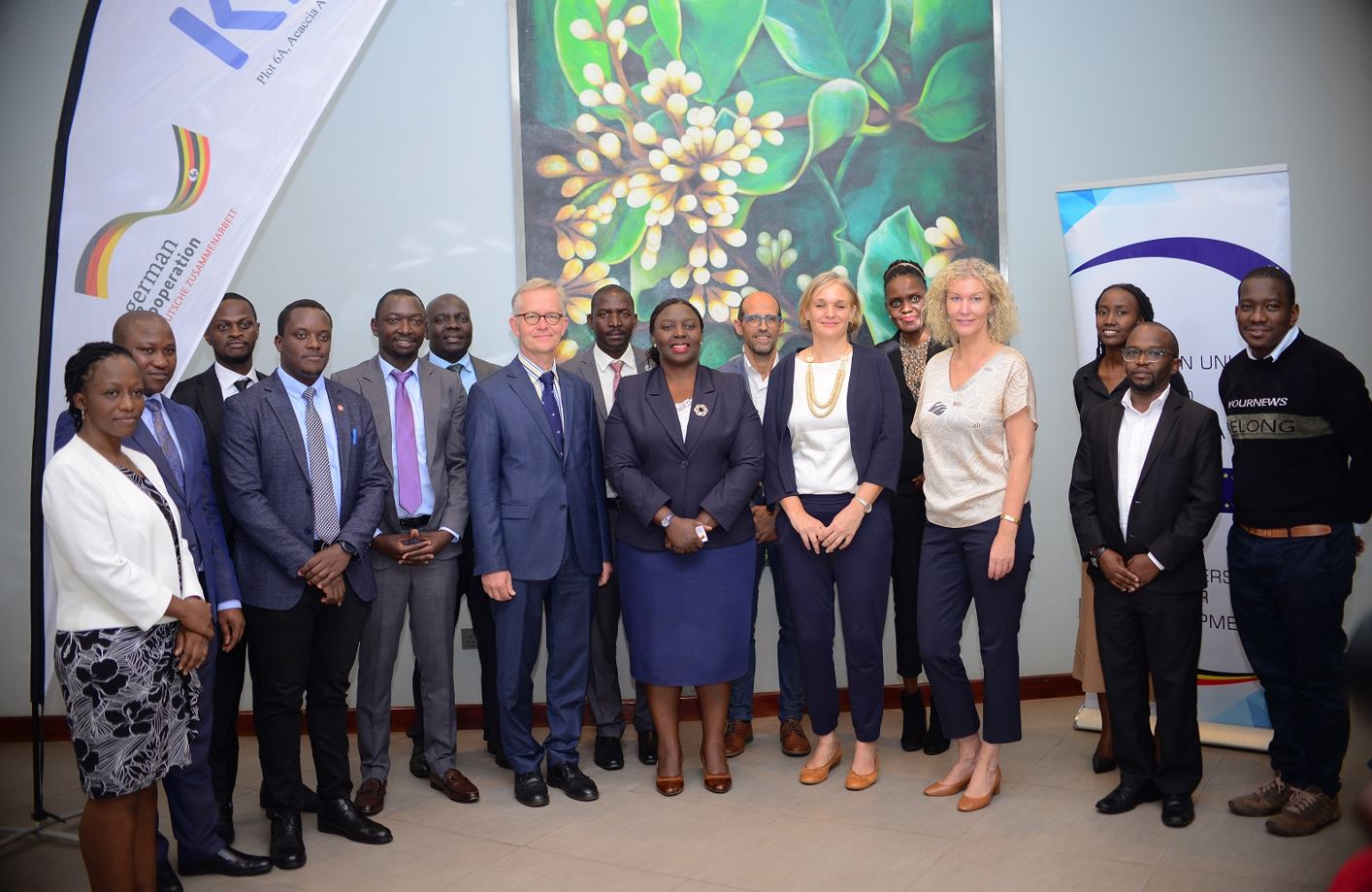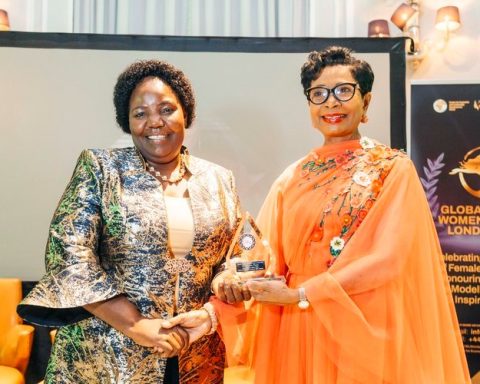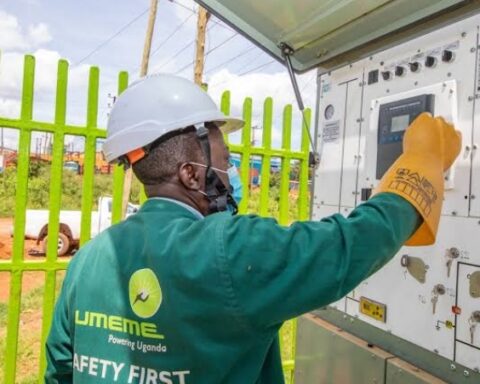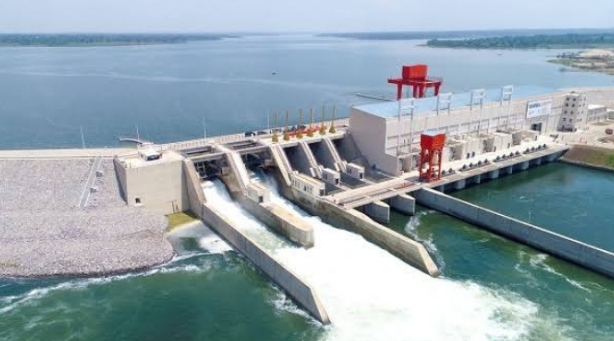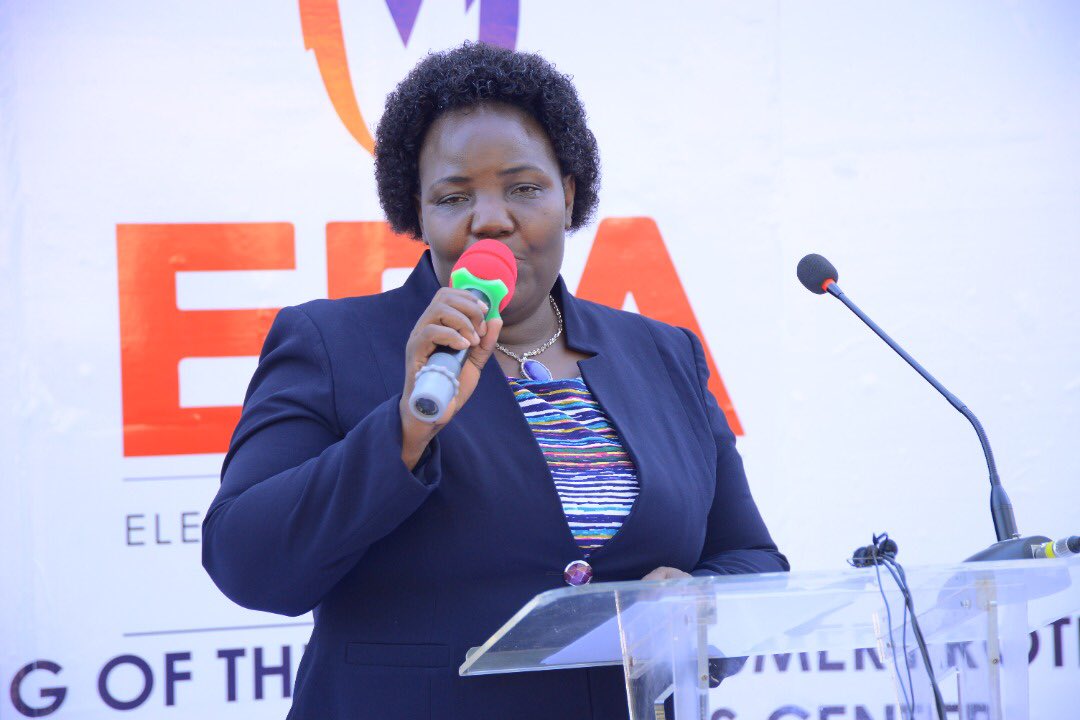The German government and the European Union (EU) have launched the GET ACCESS Mini-grid Solar Programme, a 35 million Euro initiative to help electrify Uganda’s rural areas and contribute to the country’s transition to renewable energy.
In collaboration with Uganda’s Electricity Regulatory Authority (ERA), the Ministry of Energy and Mineral Development (MEMD) will be in charge of program implementation which will see over 110,000 people in rural and remote areas get first-time access to modern, affordable, and clean electricity, as well as 800 public institutions such as (schools, health centres) and at least 700 businesses.
We’ve leant that the program already confirmed village clusters of Palorinya-Maaji (West Nile refugee settlement), Kalangala and Wakiso (Central Uganda), Buvuma Island (East & West), and Lake Albert Shores for off-grid electrification.
More About The MoU
According to the agreement, the total project cost will be 35 million euros, with the German Federal Ministry for Economic Cooperation (BMZ) contributing 15 million euros and the EU contributing 10 million euros (Shs 136.2 Billion). The Ugandan government and private investors will both contribute to the remaining ten million euros and all funds will be managed by the German Development Bank (KfW).
GET ACCESS will be implemented through a competitive bidding process in which mini-grid developer companies with demonstrable technical and financial capacities and offering the lowest cost energy will be chosen. GET ACCESS-supported mini-grids will be clustered in up to five clusters across Uganda to ensure the necessary scale for financial leverage, operation, and commercial sustainability.
The tendering process will begin in 2023, and construction of the mini-grids will begin in 2024 where GET ACCESS will provide a unique combination of upfront and results-based subsidies to selected private companies, reimbursing mini-grid developers for significant portions of capital expenditures and costs to encourage the productive use of energy (PUE).
GET ACCESS builds on previous pilot projects that aided in the deployment of off-grid technologies, as well as the recently gazetted Isolated Grid System regulatory framework and guidelines.
The project will contribute to national socio-economic development by promoting current and future business ventures and stimulating economic activity in cluster areas. Furthermore, GET ACCESS will create a market for private sector-driven and financed mini-grid electrification in remote areas as a viable and ready alternative to publicly funded grid electrification.
GET ACCESS is a Team Europe Initiative that promotes private-public partnerships in Uganda in order to achieve Sustainable Development Goals.
Uganda has great potential for generating power from renewable sources such as solar, hydro, biomass and wind. However, only about 50 per cent of the population has access to any kind of electricity, with around 24 per cent of them accessing Tier 1 (electricity supply for more than four hours per day).
Outside of the cities, where 70 per cent of the population lives, electrification is a mere 38 per cent. This presents a major barrier to economic development and poverty reduction. Mini-grids offer a viable solution for this as they can supply reliable and grid-like electricity in most villages where grid extension is unaffordable.
![]()

